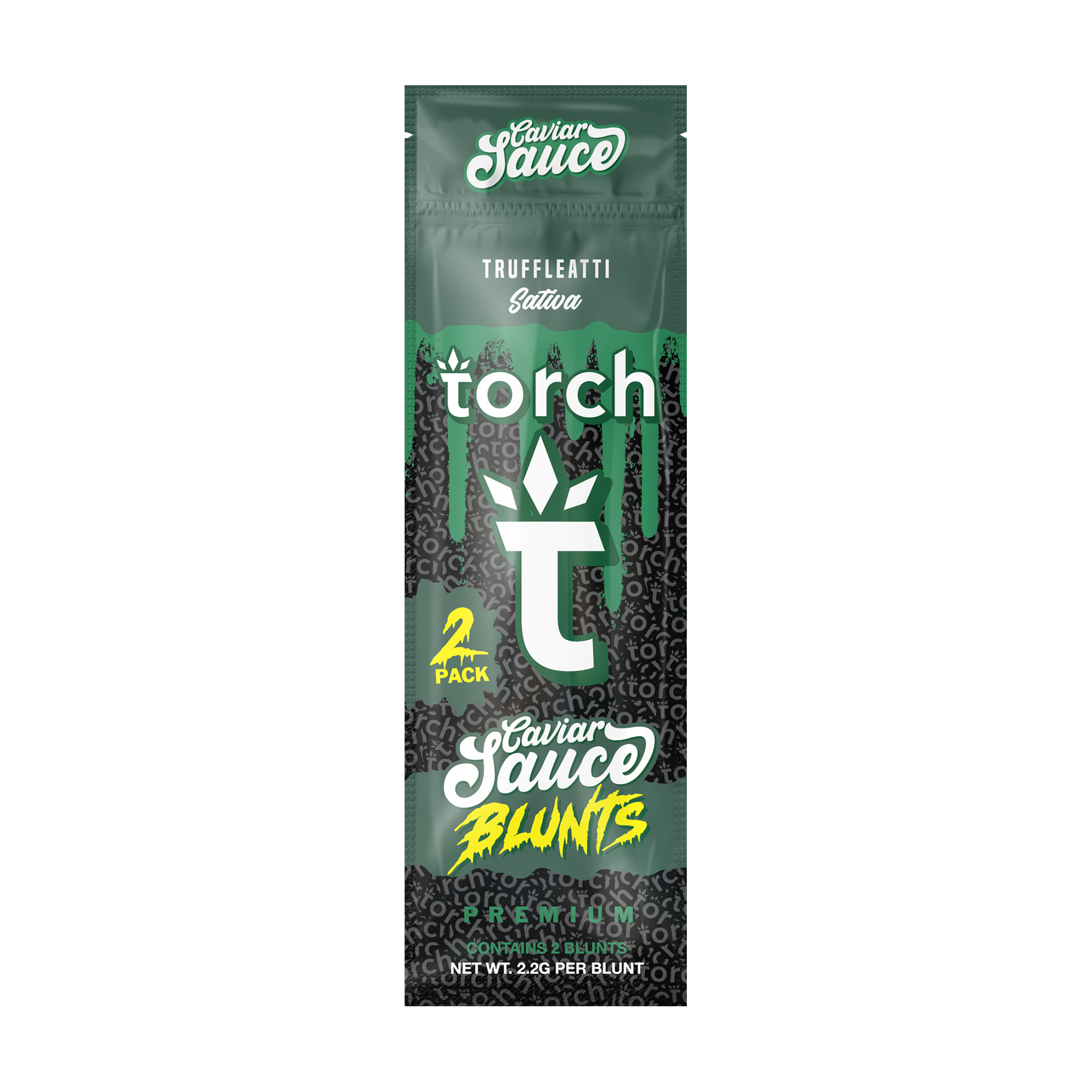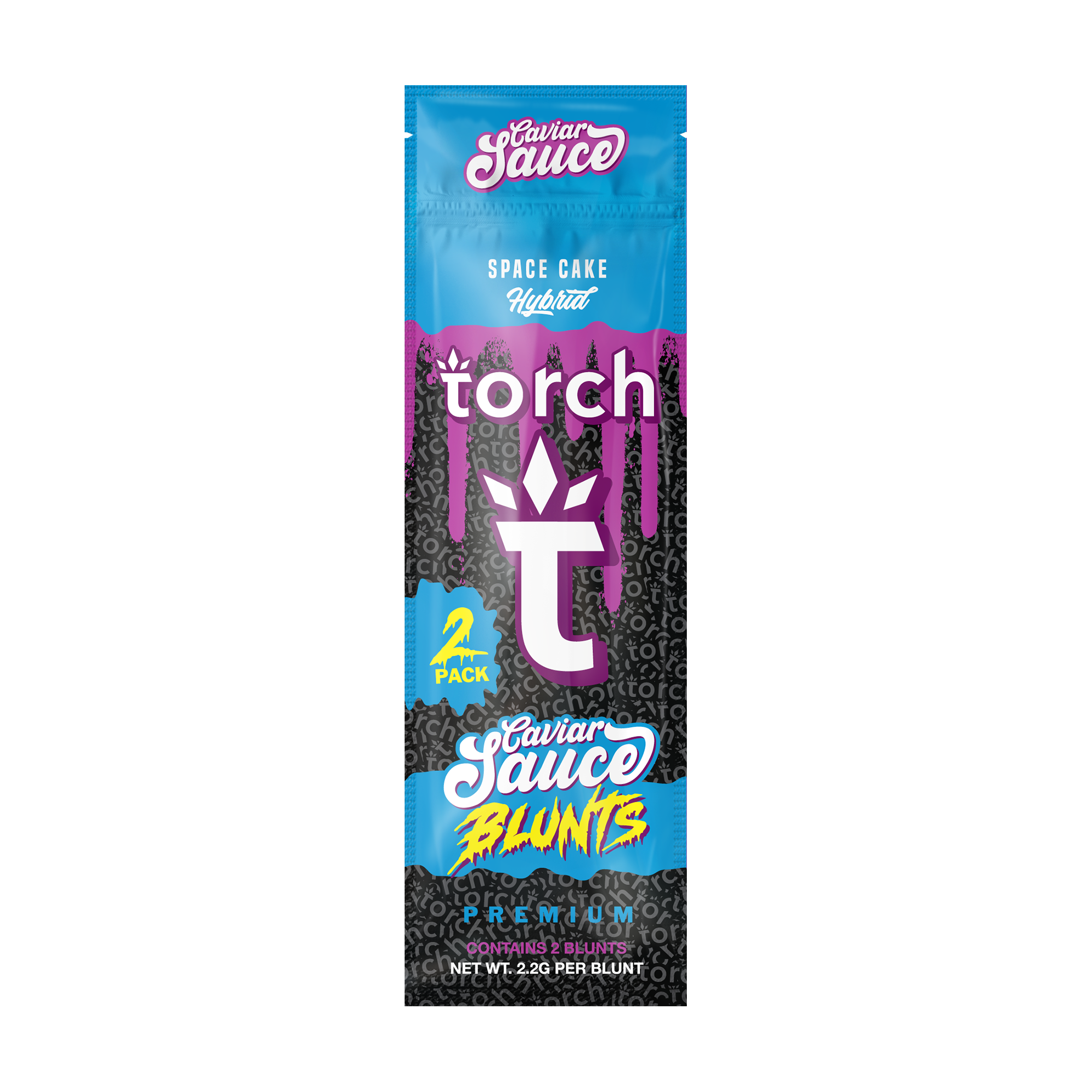
The Rise of THCA
Enter the realm of cannabinoids, where delta 9 has long held sway. But now, THCA emerges as a formidable challenger. As the precursor to delta 9 THC, THCA lacks psychoactivity in its raw form, making it legally accessible in higher concentrations in the US.
This means users can experience a THC-like high with less legal hassle, drawing many to THCA products. But how does THCA transform into THC? Are there differences in the highs? And does their hemp origin affect potency?
Join us as we delve into these questions.
Understanding Hemp: The Basis of It All
Unlocking the Secret: Sourcing Delta-9 from Hemp
Let's dive into the world of cannabinoids, specifically focusing on delta-9-tetrahydrocannabinol (THC), a well-known compound found in both marijuana and hemp plants. Interestingly, THC derived from hemp typically contains lower levels compared to its marijuana-derived counterpart. Why? Legal regulations play a significant role, but we'll unpack that shortly.
THC, often referred to as delta-9, is the cannabinoid most commonly associated with the psychoactive effects of cannabis. You know, that sense of relaxation, the uncontrollable giggles, and of course, the insatiable munchies. These effects largely stem from THC.
Now, let's differentiate between hemp and marijuana. It all boils down to THC concentrations. Hemp contains no more than 0.3% THC on a dry-weight basis, while marijuana boasts levels that far exceed this threshold. Given this distinction, you might be wondering: Is THCA Delta 9? How do we extract usable amounts of delta-9 from hemp?
How Hemp-Derived Delta 9 is Sourced
Hemp, abundant in CBD, serves as the cradle for delta 9. Through careful cultivation and isomerization, CBD transforms into THC, paving the way for potent highs within legal boundaries. It’s science at its coolest, giving rise to THC from humble hemp.
Why is Delta 9 So Popular?
Delta 9 THC’s popularity stems from its psychoactive prowess. Euphoria, relaxation, and altered perceptions are its hallmarks, attracting users seeking recreational highs or therapeutic relief. Yet, its potency warrants caution, as it may induce unwanted side effects in some.
How strong Is Delta-9?
The strength of hemp-derived delta 9 THC varies, influenced by factors like dosage and consumption method. Compared to other cannabinoids, delta 9 reigns supreme in potency, offering a familiar high to cannabis enthusiasts.
What is THCA: Unveiling the Precursor

THCA: The Effects of Raw Potential
THCA, the precursor to THC, lurks within live cannabis plants, devoid of psychoactive traits until activated. In its raw form, it offers a gateway to potential therapeutic benefits without the intoxicating effects, providing a versatile option for cannabis consumers.
Strength and Potency of THCA
Raw THCA’s strength lies in its latent potential. While lacking psychoactive punch in its unheated state, its conversion to THC unlocks similar potency and effects, bridging the gap between therapeutic relief and recreational highs.
Comparative Analysis: Strength and Effects
Decarboxylated THCA mirrors delta 9 THC in strength and effects, blurring the lines between the two compounds. Yet, in its raw form, THCA stands distinct, offering a gentler alternative for those seeking the benefits of cannabis without the high.
Legal Considerations: Navigating the Legality
Hemp-Derived Delta 9 THC: The Legal Status
Federally legal under the 2018 Farm Bill, hemp-derived delta 9 THC opens doors to a plethora of products, subject to regional regulations. While its legality is clear on a federal level, state laws may add layers of complexity, requiring diligence from users.
Is THC-A Legal?
Exploring the complex realm of cannabinoids, THCA emerges as a captivating enigma, offering a unique loophole within legal frameworks for cannabis aficionados.
In its raw form, THCA exists within permissible boundaries, presenting an enticing option for those navigating legal constraints. However, the transformation into THC upon decarboxylation introduces a fascinating twist to its legality.
This transition not only enhances its psychoactive properties but also raises intriguing questions regarding its legal status. Thus, THCA stands as a compelling choice for individuals seeking authentic cannabis experiences while adhering to regulatory frameworks.
Safety and Health Implications: Balancing Risks
Weed User Experiences and Testimonials
User experiences paint a diverse picture of hemp-derived THCA vs Delta-9. While delta 9 THC enthusiasts revel in its psychoactive effects, THCA users praise its subtle therapeutic benefits. Understanding individual preferences and tolerances is key to navigating the realm of cannabinoids safely.
Delta 9 vs THCA: Frequently Asked Questions
Addressing common queries sheds light on the nuances between the two sparking the battle between THC-A vs Delta-9. From legal status to health risks, comprehensive answers empower users to make informed choices aligned with their needs and circumstances.
Closing Insights: Finding Your Path
THCA and delta 9 THC offer distinct paths to cannabis highs, each with its own allure and considerations. Whether seeking therapeutic relief or recreational bliss, understanding the nuances between these cannabinoids is crucial for an enriching cannabis experience tailored to individual preferences and goals.











Share:
What is THCa?
Exploring the Best THC-A Flowers: Can You Buy THC-A Flower Online?